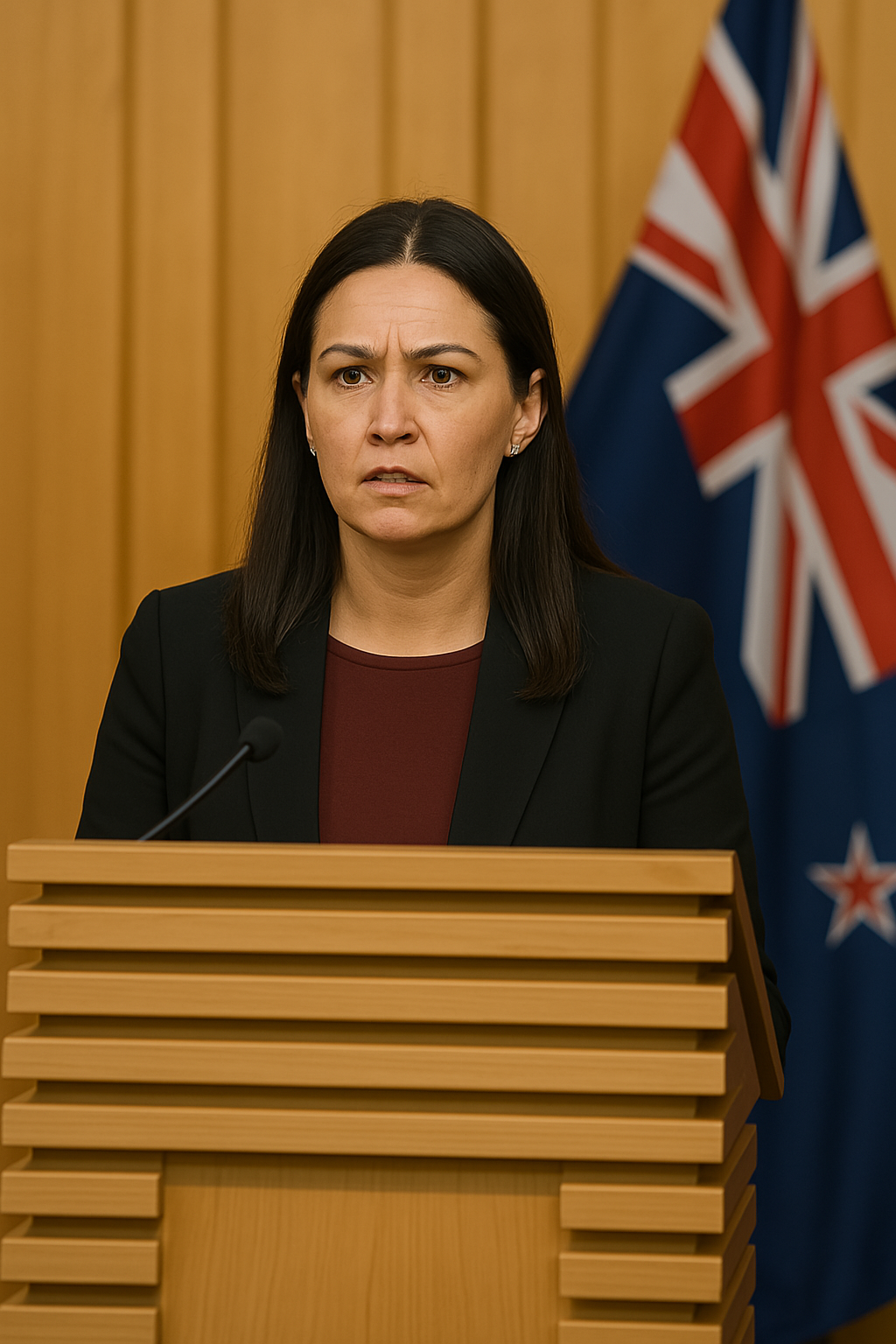Karen Chhour Hails Repeal of Oranga Tamariki's Section 7AA on Child Safety
The change marks a significant shift in the way Oranga Tamariki—Ministry for Children—approaches care decisions for vulnerable children.

- Country:
- New Zealand
In a major development in New Zealand's child welfare policy, Minister for Children Karen Chhour has welcomed the passing of legislation that repeals Section 7AA of the Oranga Tamariki Act. The change marks a significant shift in the way Oranga Tamariki—Ministry for Children—approaches care decisions for vulnerable children.
Speaking passionately following the vote in Parliament, Chhour emphasized that the primary mission of Oranga Tamariki must be the safety and wellbeing of children. “This Bill restores clarity to the system. It ensures that frontline staff can make decisions based on what is best for the child, not based on ideological or bureaucratic confusion,” she said.
What Was Section 7AA?
Introduced in 2019, Section 7AA mandated that Oranga Tamariki recognize and commit to upholding the principles of the Treaty of Waitangi. The provision was designed to improve outcomes for tamariki Māori and ensure that their cultural identity was respected and preserved, particularly in care decisions. It also required the agency to develop strategic partnerships with iwi and Māori organizations.
However, concerns have grown in recent years about how Section 7AA was being interpreted and applied in practice. Some frontline workers and stakeholders reported instances where the emphasis on cultural considerations led to decisions that, in their view, did not put the child’s safety first.
Minister Chhour: “Intentions Were Good, But Outcomes Were Flawed”
Chhour, who has been vocal about the need to reform Oranga Tamariki since assuming her role, acknowledged that Section 7AA was “well-intentioned.” Still, she said it led to unintended consequences.
“As the responsible Minister, I could not accept that children were, in some cases, being put second. This is not an abstract policy debate—we are talking about real children, in real danger, in the real world. When ideology overrides safety, we’ve lost our way,” said Chhour.
She referenced numerous submissions to the select committee from social workers and legal experts who noted that race-based considerations sometimes outweighed safety assessments. “There was conflict and confusion. That cannot continue,” she said.
Cultural Identity Still Recognized, But Not at the Cost of Safety
Chhour clarified that the repeal does not mean an end to considering cultural identity in care arrangements. Nor does it dissolve partnerships with iwi and Māori organizations. “Cultural connections are important, and I will never dismiss their value,” she stated. “But safety must always come first. Every single time.”
She emphasized that the legislation still allows Oranga Tamariki to place children with whānau, hapū, or iwi when appropriate—but with a clear hierarchy: wellbeing and protection are paramount.
“This is not about removing Māori voices from the system. It’s about ensuring that all voices serve one central purpose—the protection of children,” Chhour added.
Reactions and Criticism
The repeal has drawn a mixed response. Some Māori leaders and advocacy groups have expressed concern that the decision could weaken the commitment to upholding Te Tiriti o Waitangi and reduce culturally grounded approaches to care.
The Children’s Commissioner and some legal experts have warned that repealing 7AA without a robust replacement strategy could alienate communities already marginalized by the care and protection system.
But supporters argue that the law restores focus and gives frontline workers greater clarity. “Social workers need to be empowered to act decisively when children are at risk. This legislation does that,” one former Oranga Tamariki employee told media.
A Personal Issue for Minister Chhour
Karen Chhour, who has shared her own experiences of growing up in the state care system, has been particularly invested in ensuring that Oranga Tamariki reforms prioritize children's real-life needs. Her personal background has shaped her views and lent authenticity to her public advocacy.
“I know what it’s like to be one of these children. Their pain is not theoretical. The trauma they face doesn’t wait for cultural consultations or board meetings,” she said in a recent interview.
What’s Next?
Now that Section 7AA has been repealed, Oranga Tamariki will begin updating its operational guidelines and training for frontline staff. Minister Chhour has also indicated that her office will work closely with Māori organizations to ensure they remain part of a supportive network around tamariki Māori.
“The repeal is not the end of reform—it’s just the beginning of making the system better, fairer, and more focused on what really matters: the safety, happiness, and future of every child in this country.”
Let me know if you’d like a version formatted for print, a visual graphic summary, or quotes highlighted for social media.










